Morocco celebrates 25 years of achievements under the strategic vision of Mohammed VI
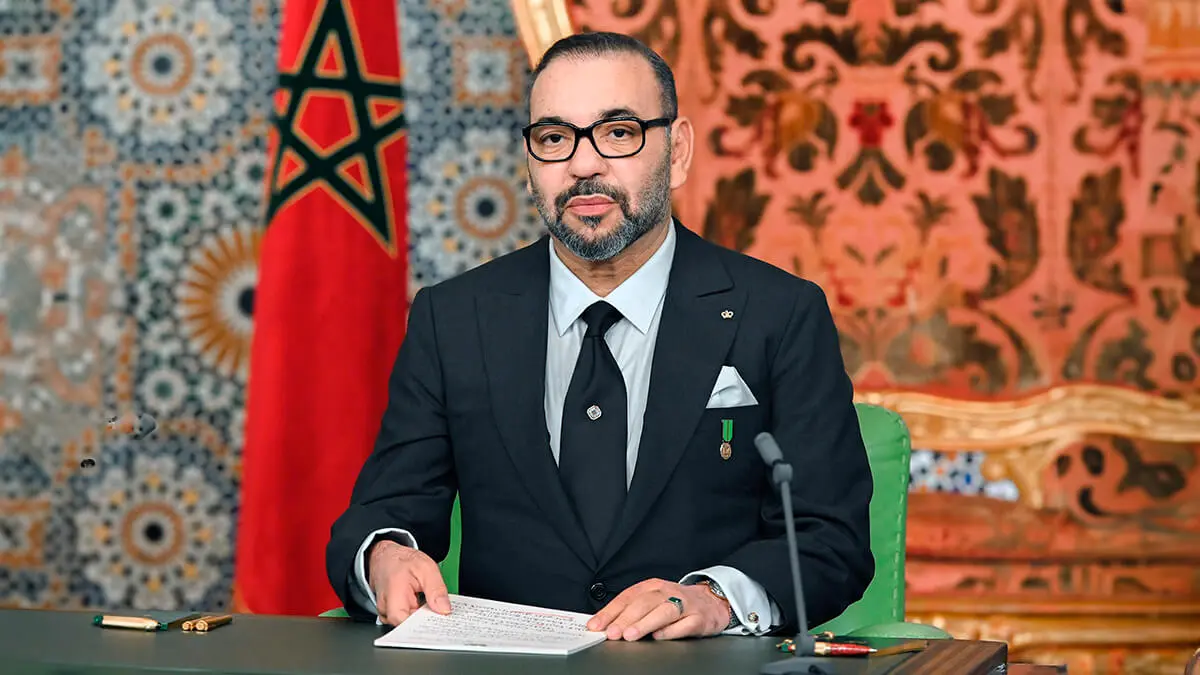
- Political achievements: 25 years of modernisation through a strategic vision
- Advances in the economy and infrastructure make Morocco a pioneer in several sectors
- Legal achievements and human rights: a dynamic of promising reforms
- Social achievements in the ongoing fight against inequality and precariousness
Morocco, King and people, commemorates this Tuesday the 25th anniversary of Mohammed VI's accession to the Alaouite throne on 30 July 1999. This holiday is an occasion to celebrate the transformations and achievements of the North African country over the 25 years of his reign.
Since his enthronement, the Moroccan sovereign has launched the challenge of modernising the country through a wide range of reforms in the political, economic, social and diplomatic fields, among others, in order to bring the country to an internationally recognised level of progress, development and democracy and to become a model to follow at the continental level.
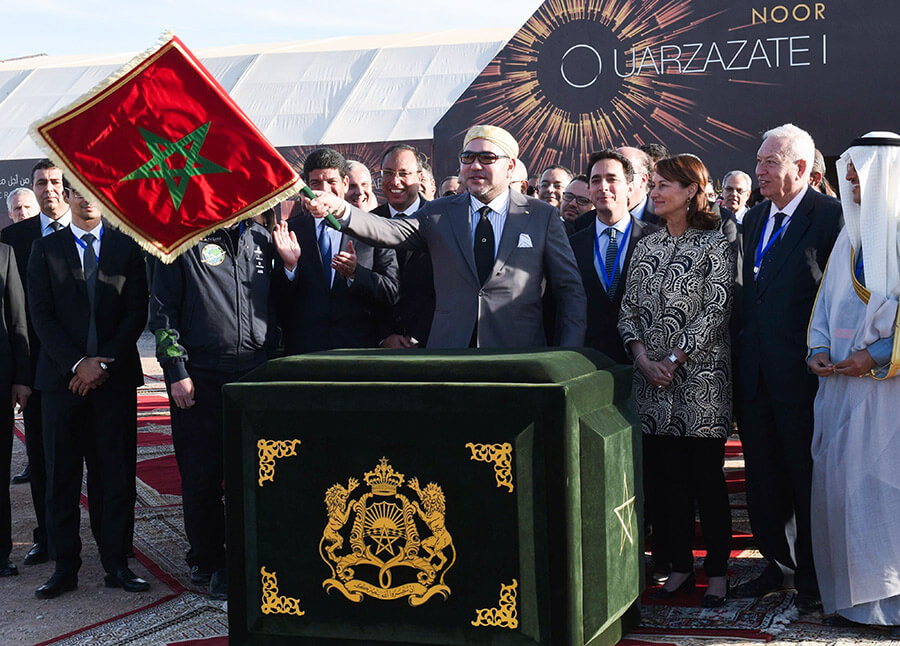
These are 25 years of unprecedented successes that aim to make Morocco an African leader and respond to the ambitions of the Moroccan people, as well as their hopes for progress, prosperity, preservation of territorial integrity and consolidation of national unity.
Thanks to the real long-term vision and proactive approach adopted by the Alawi kingdom, Morocco achieved very significant national progress in the quest to build a modern and democratic society through various political, economic, social and legal developments unprecedented in the country's history.
Political achievements: 25 years of modernisation through a strategic vision
Over the two and a half decades, Morocco has implemented political reforms in a giant step towards building a modern and prosperous Kingdom, such as:
- The new Constitution adopted in 2011 which brought readjustments to the political scene by expanding the legislative branch and the Head of Government.
- The implementation of advanced regionalisation, moving from an ultra-centralist model to a more decentralised one.
- Recognition of Morocco's cultural and linguistic plurality (Amazigh as a co-official language).
- Morocco as a Muslim state proud of its Arab, Islamic, Amazigh and Sahrawi, Hassani, Hebraic components and its African, Andalusian and Mediterranean roots.
- It is a constitutional, democratic, parliamentary and social monarchy; the King is the head of state and a key element of executive power (Article 42 of the Constitution).
The North African country's foreign policy has been successful with an African vision, in which the Sahara issue, Morocco's number one cause, remains.
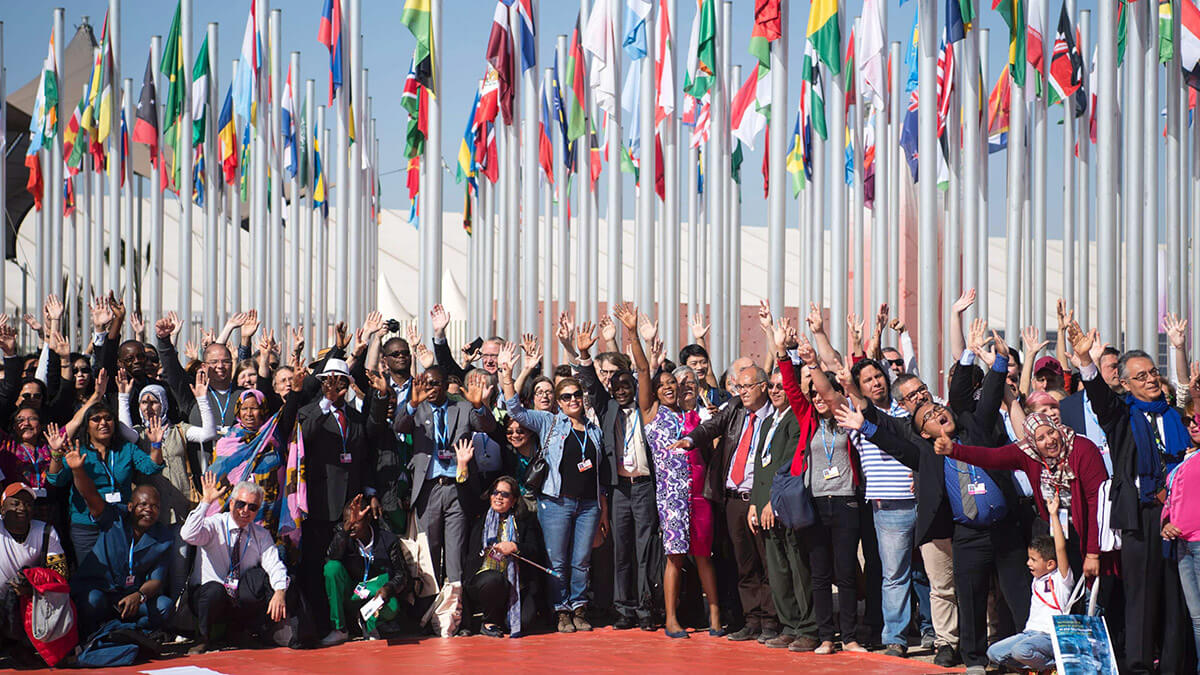
Since the departure of Spanish troops in 1975 and the Green March initiated by Hassan II, Morocco has continued its struggle and negotiations to preserve its territorial integrity and improve its continental position:
- The proposal launched by Morocco in 2007 for broad autonomy for the southern territories under Moroccan sovereignty.
- Morocco's return as a member of the African Union in 2017; Africa being a priority for Moroccan diplomacy.
- Visits by Mohammed VI to West and Central African countries; 2001: Senegal, 2002: Gabon, 2004: Benin, Cameroon and Gabon, 2005: Niger, Senegal, Gabon and Burkina Faso, 2006: Gambia, Democratic Republic of Congo and Gabon, 2009: Equatorial Guinea.
- Morocco's Atlantic Initiative, the key to which is the Morocco-Nigeria gas pipeline, will transform Africa's geostrategic landscape and put an end to the isolation of Sahel countries such as Burkina Faso, Niger, Chad and Mali.
- The free trade agreement with the United States (2006) consolidates Morocco's position as a ‘major non-NATO ally’.
- The severing of relations with Iran (2018).
- The ‘advanced status’ with the European Union (2008), which has allowed Morocco to benefit from a broad and deep partnership, consolidating its Green Partnership.
- The more humane management of migration, thanks to the King's call in 2013 for the regularisation of tens of thousands of asylum seekers.
- The new era of bilateral relations with Spain, France and Germany.
- More than 110 countries express support for Morocco's autonomy plan as an efficient solution to the regional conflict over Western Sahara.
Advances in the economy and infrastructure make Morocco a pioneer in several sectors.
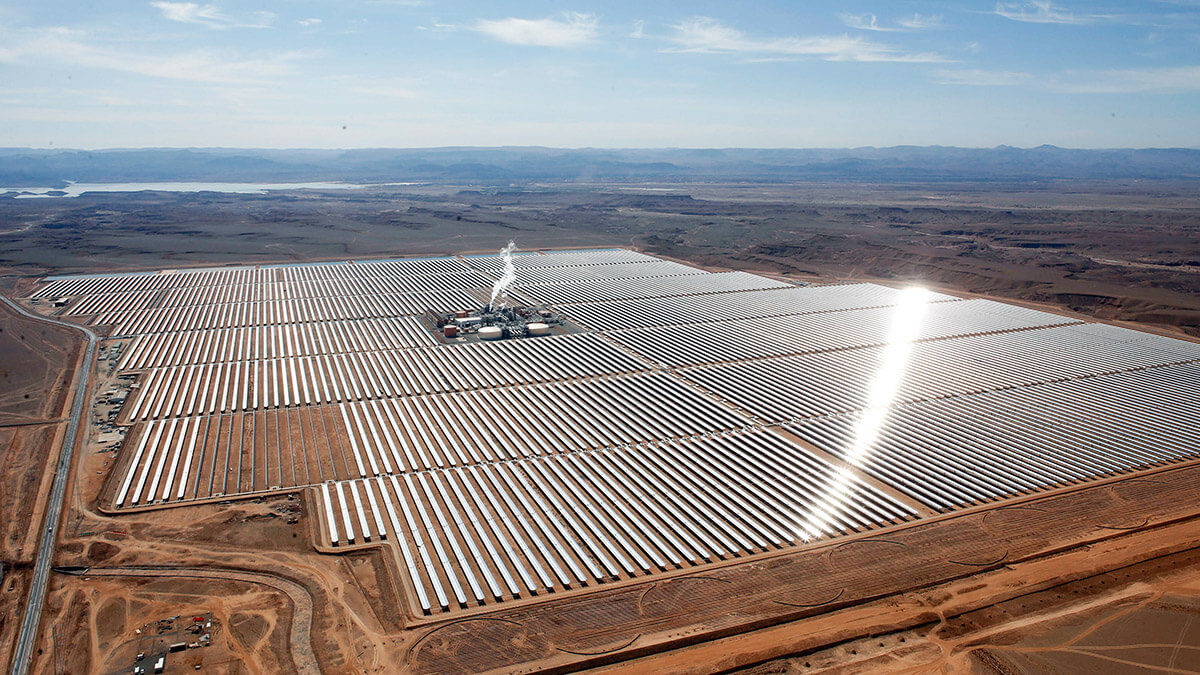
Advances in the economy and infrastructure make Morocco a pioneer in several sectors
- The New Development Model 2035 whose territorial dimension seeks equal opportunities and progress in the different regions of the country.
- The New Investment Charter encourages investment and applies tax incentives.
- The gradual integration of informal activities into the formal economy and the fight against the hidden economy and tax fraud to improve the business climate.
- Investing in start-ups and private equity to achieve an increase in private investment from one third to two thirds by 2035.
- The establishment of a more active financial market where the Moroccan economy will grow by around 3.6% between 2024 and 2027.
- The creation of the Mohammed VI Fund for sectoral investments, which will be financed to the tune of 2 billion dollars by 2029.
- The remarkable dynamism of Moroccan industry in the agri-food, chemical, para-chemical and automotive sectors.
- The digitisation and simplification of administrative procedures and the promotion of ‘Made in Morocco’.
- The progress of the port sector, which consists of 13 ports open to foreign trade, 10 regional fishing ports, 9 local fishing ports and 6 tourist ports. These are six vital poles that create a strategic regionalism marked by the success of Tangier Med, followed by the mega-projects of Nador West Med and the Atlantic port of Dakhla which are part of the Port Strategy 2030.
Morocco is committed to the ecological transition in order to become a low-carbon economy in the coming decades. The Alawi Kingdom has significant potential for renewable energy production thanks to achievements such as:
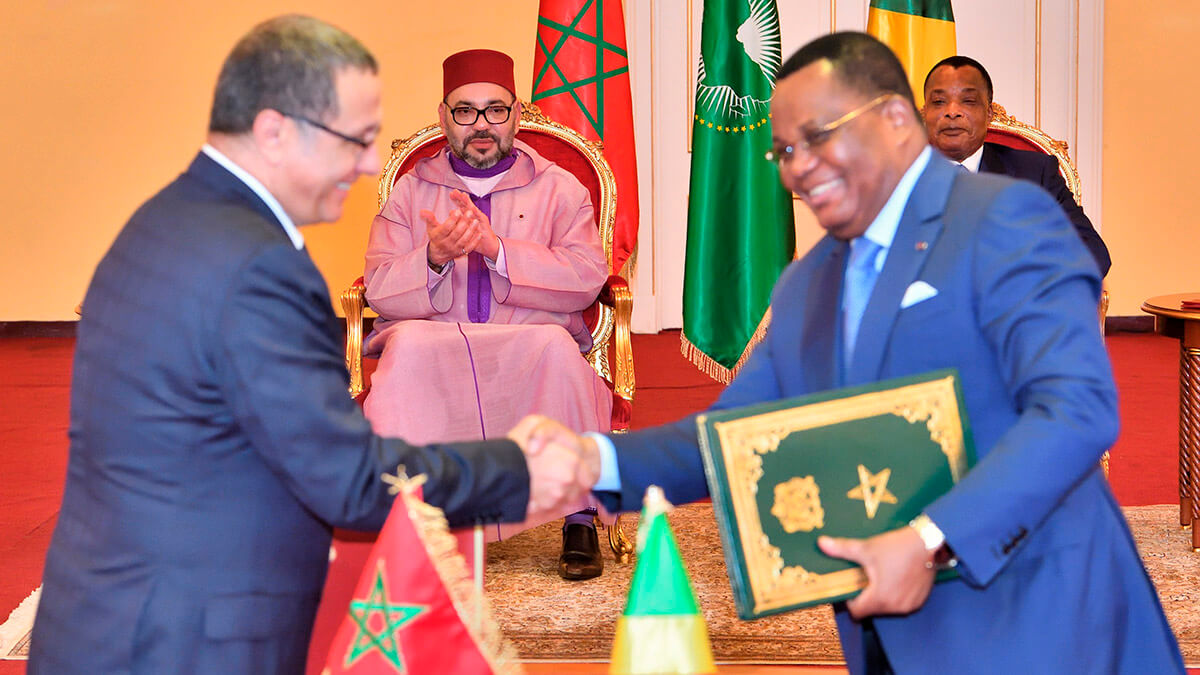
- The success of COP22 in Marrakech in November 2016.
- The implementation of ambitious renewable energy projects such as the Noor solar power plant in Ouarzazate, wind farms and training institutes for renewable energy professions.
- Renewable energy creation levels have reached global energy exporter status.
- Morocco's energy supply (solar, wind, green hydrogen and organic waste) is rated as the most advanced in the Maghreb region and one of the most important in Africa.
- Water security through the desalination of seawater and the inauguration of water highways connecting dams; through proactive governance based on sustainable development.
Legal achievements and human rights: a dynamic of promising reforms
Morocco has gained much in terms of international image, thanks to legal and human rights achievements that have marked a milestone in the country's modernisation.
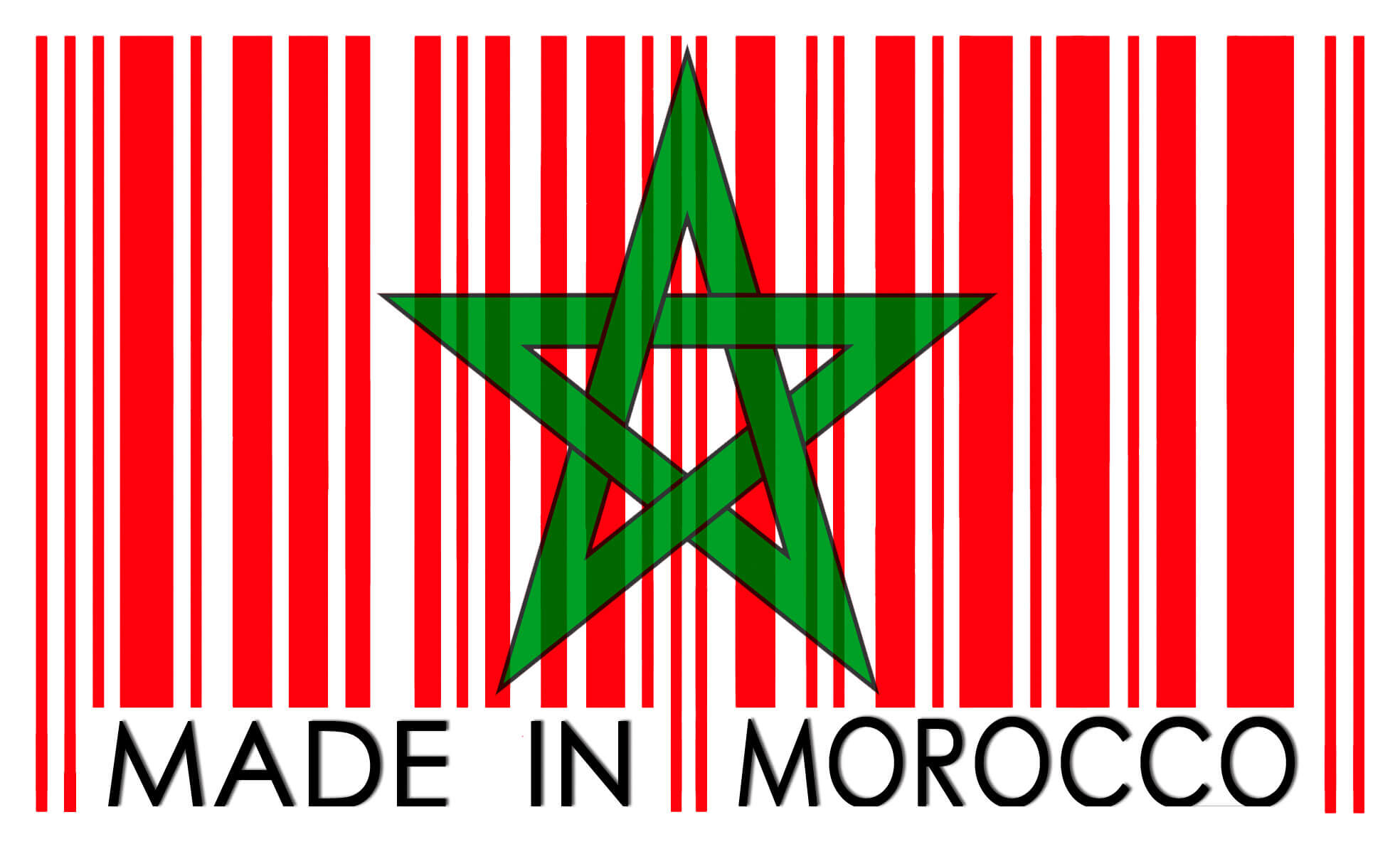
- The launch of the Equity and Reconciliation Commission (2006) to shed light on human rights violations between 1956 and 1999.
- The creation of the National Human Rights Council to investigate human rights violations.
- The consolidation of women's political representation in Morocco in recent years; as well as their participation in business and other economic activities.
- The achievements of the 2004 Family Code and the planned amendments and updates to materialise gender equality and the preservation of the family.
- The important changes in the Moroccan Nationality Code, which allows Moroccan women to pass on their nationality to their children.
- Electoral reform with significant changes that increased the number of seats reserved for women (90/395), and eliminated the 3% electoral threshold, allowing the entry of small parties.
- The moralisation of public life through the approval of law number 43-05 on money laundering.
- Reform of the local tax system to improve its performance in a context of decentralisation.
- Institutional and political participation of Moroccans living abroad representing the 13th region of Morocco.
- The installation of the High Consultative Council of Moroccans Residing Abroad (CSCMRE).
- Promoting tolerance and respect between different religions and the protection of individual, civil, political and workers' rights.
Social achievements in the ongoing fight against inequality and precariousness
From 1999 to the present day, the fight against poverty and precariousness continues with the aim of underpinning the social state and tackling inequalities through the National Initiative for Human Development, which aims to improve the living conditions of the population and access to infrastructure and basic social services.
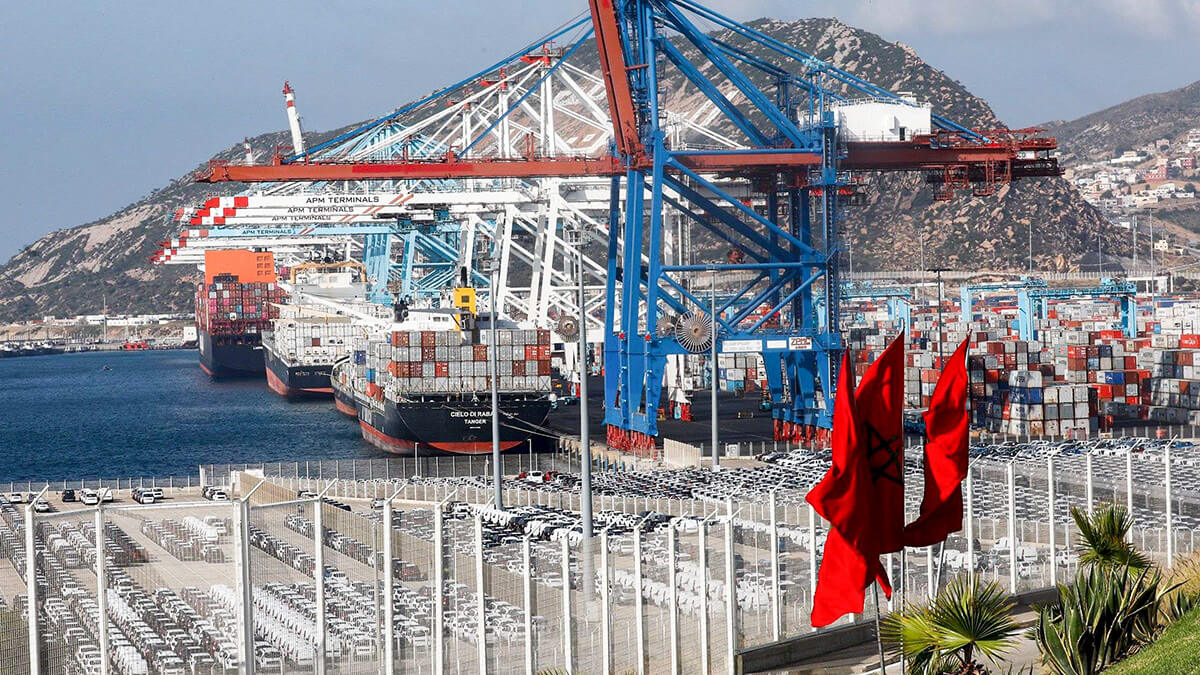
In a firm step in health and social welfare, Morocco is working to strengthen social welfare through reforms focused on social protection and health care:
- Extending health coverage to more than 32 million workers in the regular economy.
- Ensuring equality among all Moroccans, regardless of their economic and professional status.
- Increase to 90,000 health professionals by 2025, with 24 health professionals per 10,000 inhabitants and 45 per 10,000 by 2030.
- Modernise and restructure the health sector by focusing on equipment maintenance, rehabilitation and upgrading of hospitals.
- Implementation of the Programme for the Reconstruction of Earthquake Affected Regions.
- The relief programme (direct social benefit) and the access to housing programme launched in 2022 with a projection until 2025.
- The generalisation of compulsory health insurance (SMO) covering more than 21 million Moroccans.
In the field of education, Morocco succeeded in closing the gap between students in rural schools and those in urban areas by combating school dropout rates. Improving the situation of professionals in the education sector by approving a new statute with increased salaries.
For the security situation and in the face of the threat of terrorism, the Moroccan authorities have taken special measures: the security system dubbed ‘Hadar’ (surveillance) ensures the protection of Moroccan citizens and foreign visitors, covering the Kingdom's sensitive sites.
Sporting achievements: modernising the sporting ecosystem
Following the feat of the men's national team, which made history by becoming the first African and Arab team to reach the semi-finals of the World Cup (Qatar-2022), the aim is to invest in sports infrastructure and facilities throughout the Kingdom to bring them up to the level of continental and international events:
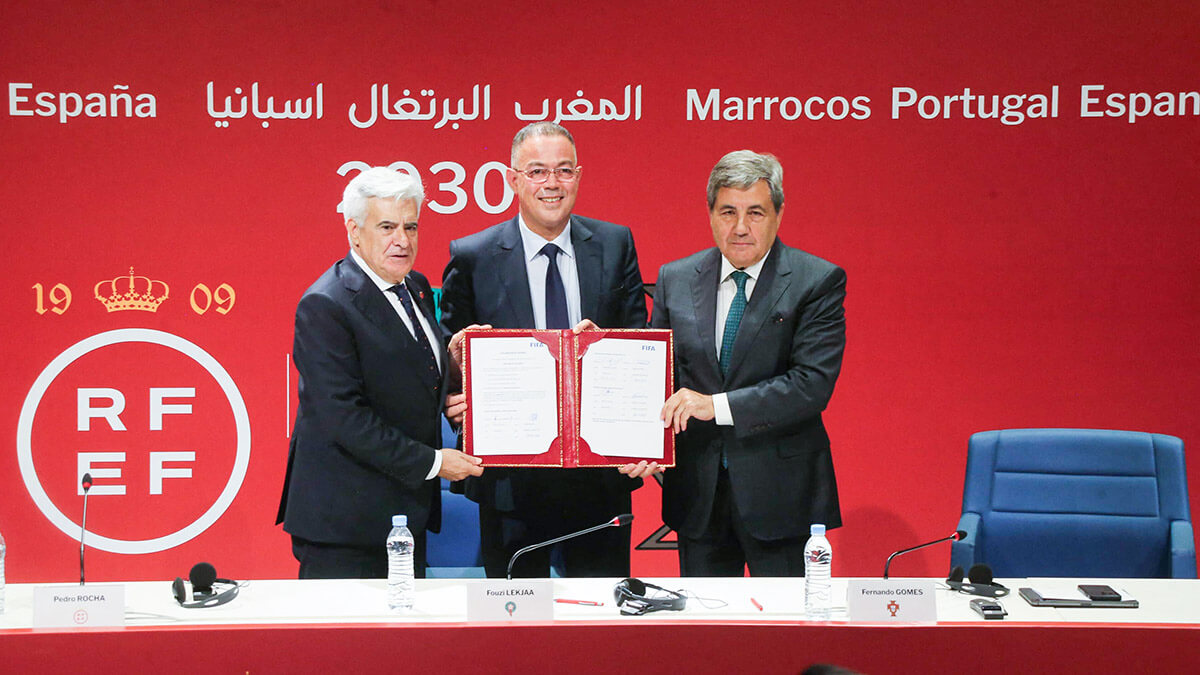
- The tripartite organisation of the 2030 Morocco-Spain-Portugal World Cup.
- The organisation of the African Cup of Nations in 2025.
Thanks to the Royal Moroccan Football Federation (FRMF), Moroccan football is now at the heart of the 2008-2025 national strategy which aims to:
- The professionalisation of clubs by moving from the status of an association to that of a limited company.
- The construction and maintenance of quality infrastructures.
- Qualified human resources.
- Clarified procedures that are increasingly transparent and accountable, rigorous specifications.
- Revised and more ethical finances, fruitful partnerships and agreements.












